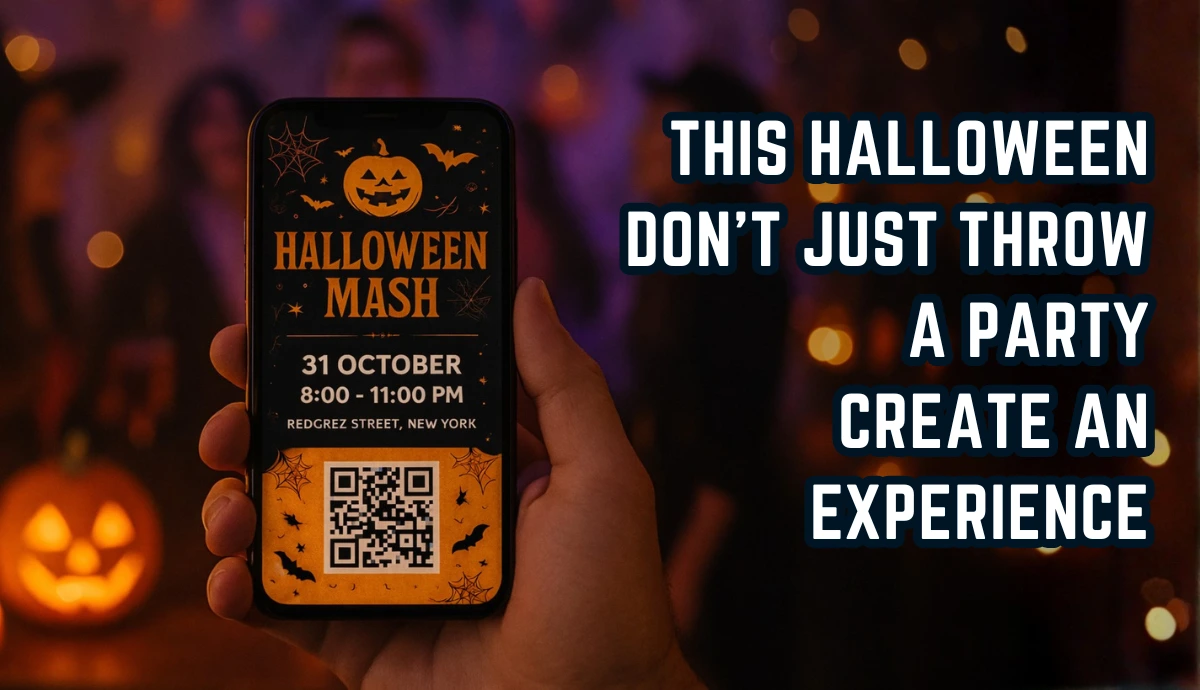Introduction
Organizing a successful conference demands careful attention to every detail and a profound grasp of the event's goals. Beyond gathering people in a room, a successful conference bridges the gap between information dissemination and interactive engagement, fostering an environment ripe for networking, learning, and collaboration. Recognizing the essential elements contributing to the event's success is paramount in orchestrating a memorable, impactful experience that achieves its intended goals.
Essential Elements for a Successful Conference
Clear Objectives and Goals
Establishing clear objectives and goals is the foundation of any successful conference. These guide the event's overall direction, content, and structure, ensuring that every element aligns with the intended outcomes.
Targeted Audience Identification
Knowing the conference's target audience enables organizers to customize the content, marketing strategies, and overall experience to cater specifically to the attendees' needs and preferences.
Engaging Content and Speakers
The heart of any conference is its content and speakers. Curating a lineup of knowledgeable, dynamic speakers presenting relevant and engaging topics is crucial for attendee satisfaction and retention.
Robust Marketing and Promotion
Effective marketing and promotion strategies are essential to attract the right audience. Combining digital marketing, social media, and conventional advertising can expand the event's visibility and boost registration numbers.
Optimal Venue and Logistics
Selecting the right venue and managing logistics precisely can significantly impact the attendee experience. Location, accessibility, and facilities are critical to the event's success.
Networking Opportunities
Conferences are not just about the content but also the connections made. Providing structured networking opportunities enhances the value for attendees, fostering professional relationships and collaborations.
Feedback and Evaluation
Gathering feedback during and after the conference helps organizers understand what worked, what didn’t, and how to improve future events. This continuous loop of feedback and improvement is vital for long-term success.
Technology Requirements and Integration
Seamless Audio and Video Capabilities
High-quality audio and video are non-negotiable for a successful conference. These technologies ensure that presentations are delivered effectively and remote participants can engage without barriers.
Reliable Wi-Fi Connectivity
Robust Wi-Fi connectivity is essential for both attendees and organizers. It supports mobile engagement, social media sharing, and access to digital resources throughout the event.
Leveraging Technology for Streamlined Processes
Adopting technology to streamline event processes enhances the attendee experience and operational efficiency. Features like free ticket templates, QR codes for ticket validation, ticket sharing via social media, and access to event insights significantly contribute to a smooth and engaging event.
Conclusion
Achieving a successful conference is rooted in careful planning and the seamless combination of vital aspects, such as distinct objectives, captivating content, precise marketing, efficient logistics, and adopting sophisticated technology. Organizations can enhance event management and attendee satisfaction by leveraging innovative technologies, such as those provided by ticket generator platforms. These platforms offer tools that streamline the registration process, improve engagement, and provide valuable insights into event performance. As you plan your next conference, consider these critical elements and utilize available resources to create an event that is successful but also memorable and impactful. Encourage your team to sign up for a ticket generator to take advantage of these benefits and elevate your event planning to the next level.
FAQs
How do I choose the right venue for my conference?
Select a venue by considering location, capacity, facilities, accessibility, and cost. Ensure it aligns with your event's theme, audience size, and technological requirements.
What are the best practices for marketing a conference?
Leverage a blend of digital marketing, social media, email campaigns, and classic advertising strategies. Customize your messaging for your intended audience and use compelling content to underscore the benefits of participation.
How can technology enhance the attendee experience at a conference?
Technology can enhance the experience by streamlining registration, facilitating networking through apps, improving digital content access, and enabling interactive sessions through live polls and Q&A.
What is the importance of networking opportunities at conferences?
Networking opportunities allow attendees to connect with peers, industry leaders, and potential collaborators, enriching their conference experience and potentially opening doors to new possibilities and insights.
How can I gather and utilize feedback from conference attendees?
Collect feedback through surveys, feedback forms, and social media engagement. Review this information to pinpoint strengths and areas for enhancement and gain valuable insights for future event planning, ensuring subsequent events more closely match the expectations and requirements of attendees.






.gif)






